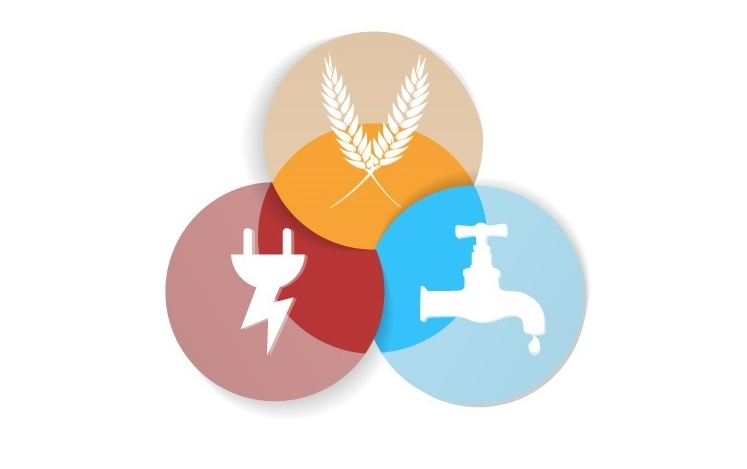NSF Invests $72 Million in Food/Energy/Water System Nexus
Published on by Water Network Research, Official research team of The Water Network in Academic
To help secure the future of food, energy, and water systems, the National Science Foundation has awarded $72 million for fundamental science and engineering research.

The investments are part of the NSF Innovations at the Nexus of Food, Energy and Water Systems program, known as INFEWS.
"Demands on food, energy and water will increase in the future as a result of population growth, migration patterns and urbanization in a changing climate," says Roger Wakimoto, assistant director for NSF's Geosciences Directorate. "NSF recognized the challenge ahead of us by creating the INFEWS initiative, which supports research on these interconnected needs. The results from these awards will benefit all of us."
While the complex relationship between energy and water systems has been studied for decades - and agricultural diversions of water date back much farther - how these systems interact has become an area of frontier research.
Drought and the depletion of aquifers. Shifts in farming between food and fuel crops. Concerns about food waste and the relentless demand for energy for food production. Food processing and transportation. All of these areas have prompted a deeper and broader examination of the linked food-energy-water system.
 The outcomes of the INFEWS investments will help decision-makers at every level better serve human needs and protect the natural world.
The outcomes of the INFEWS investments will help decision-makers at every level better serve human needs and protect the natural world.
Scientists and policy-makers will gain a new understanding of food-energy-water systems, gather insights from data and innovative modeling, and develop new capabilities from cutting-edge technologies to reduce waste or increase efficiencies.
INFEWS investments will also prepare graduate students to understand and manage the complex interactions of food-energy-water systems, and to draw upon and integrate knowledge across disciplines.
INFEWS investigators will incorporate physical, engineering, geological, biological, social and behavioral processes, as well as cyber elements, into their projects.
"The interconnections and interdependencies associated with the food-energy-water nexus generate critical questions about how the complex, coupled systems and processes of society and the environment function now, and in the future," says Grace Wang, acting assistant director for NSF's Engineering Directorate. "INFEWS research will enable new means of adapting to future challenges."
Award details
INFEWS projects are designed to address one or more of the following four goals:
- Advance our understanding of the food-energy-water system through quantitative and computational modeling, including support for relevant cyberinfrastructure.
- Develop real-time, cyber-enabled interfaces that improve understanding of the behavior of food-energy-water systems and increase decision-making capabilities.
- Enable research that will lead to system innovations and technological solutions to critical food-energy-water problems.
- Grow the scientific workforce capable of studying and managing food-energy-water systems through education and other professional development opportunities.
Source: National Science Foundation
Media
Taxonomy
- Sustainability
- Water-Energy Nexus
- Sustainability
- Energy-Water Nexus
- Organic Food
- Environmental